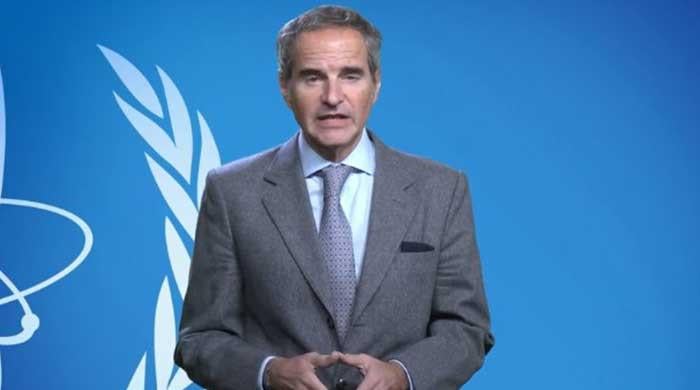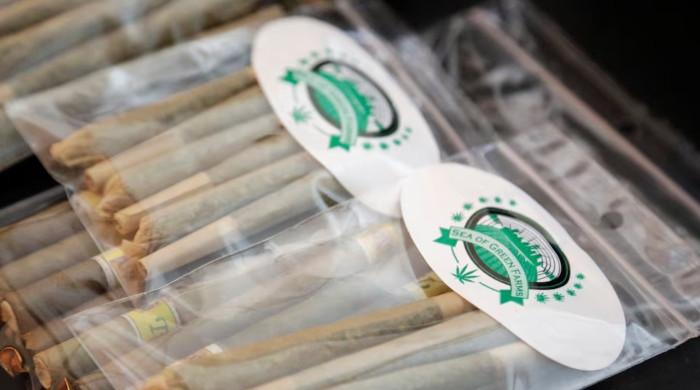Three-day polio campaign kicks off in Khyber Pakhtunkhwa
More than four million children below the age of five will be administered polio drops during the campaign in KP
August 26, 2019
ISLAMABAD: A three-day anti-polio campaign kicked off in 29 districts of Khyber Pakhtunkhwa on Monday.
According to the Provincial Health Department, more than four million children below the age of five will be administered anti-polio drops during the campaign.
More than twenty-seven thousand teams have been constituted which will visit door-to-door to ensure that anti-polio drops are administered to each and every child.
Polio teams will also be available at bus stops, railway stations and other public places to administer the anti-polio vaccine.
Strict security measures have been taken for the security of polio teams.
The National Emergency Operation Centre (NEOC) on Polio last week confirmed five new polio cases across the country, including three from KP.
According to a NEOC official, one case was reported from Bannu, Waziristan and Hangu in KP each and two from Hyderabad in Sindh.
The official said with the addition of five new cases, the figure of confirmed polio cases has reached 58 for the year, out of which 44 were from KP, including 32 from Bannu division.
The official added that the cause behind the polio virus in Bannu was the refusal of polio vaccination to the children by their parents.
After confirmation of polio virus, the parents accepted that they had refused the vaccination for their children on wrong propaganda, he added.
The official said the extensive environmental surveillance established by the Pakistan Polio Eradication Programme had detected the poliovirus from the sewage of 10 cities during last month.
According to the results shared by NEOC, the presence of poliovirus was confirmed in sewage samples collected from Faisalabad, Lahore, Rawalpindi, Karachi, Sukkur, Killa Abdullah, Quetta, Dera Ismail Khan, Peshawar and South Waziristan.
Considering the associated risks, the country programme had urged the parents to ensure immunisation of all children under the age of five years during the polio campaigns, he added.
He said, “Polio eradication is a delicate time race between parents and health-care workers and a deadly poliovirus. We have to collectively ensure that we reach all children with multiple doses of vaccination before this dangerous poliovirus found in the sewages of these towns reach unprotected children.”
The continued presence of poliovirus in the sewage of major cities posed risks to all vulnerable and unprotected children across Pakistan, he added.









